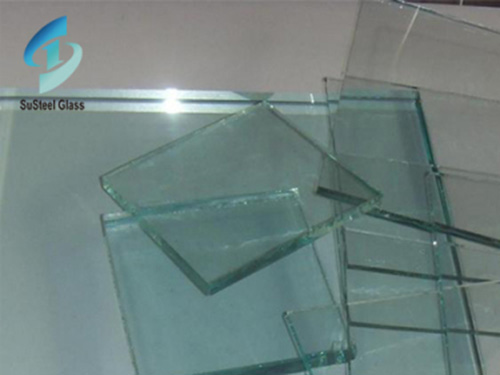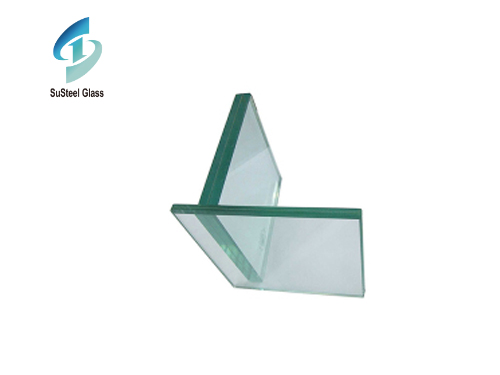A piece of ordinary glass can be used for various purposes depending on its characteristics and thickness. Here are some common uses of ordinary glass:
Windows and Doors: Ordinary glass is a primary material for manufacturing windows and doors. It provides transparency, allowing natural light indoors while offering protection from external elements.
Mirrors: By treating glass, mirrors can be produced for various applications, including vanity mirrors, wall mirrors, vehicle rear-view mirrors, and more.
Furniture: Ordinary glass can be used for making tabletops, cabinet doors, shelves, and other surfaces in furniture, adding a modern and bright aesthetic.
Glass Containers: Glass is commonly used to manufacture food and beverage containers such as cups, bowls, bottles, and jars.
Display Cases and Shelves: Transparent glass is often used in crafting display cases and shelves for stores, enhancing product visibility and presentation.
Architectural Facades: Glass curtain walls are common elements in architectural design, providing transparency while protecting the interior from external elements.
Art and Decoration: Glass can be used for creating art pieces and decorative items such as vases, lampshades, sculptures, and more.
Vehicle Glass: In transportation vehicles like cars, trains, airplanes, etc., transparent glass is used for windows and windshields to provide clear visibility.
Solar Panels: In the solar energy industry, glass is used as a protective covering for solar panels, safeguarding them and allowing sunlight to penetrate.
Optical Equipment: The transparency and optical properties of glass make it an ideal material for manufacturing optical devices and instruments such as telescopes, eyeglasses, and more.
It's important to note that different types of glass (such as tempered glass, laminated glass, etc.) have different properties and are suitable for different applications.
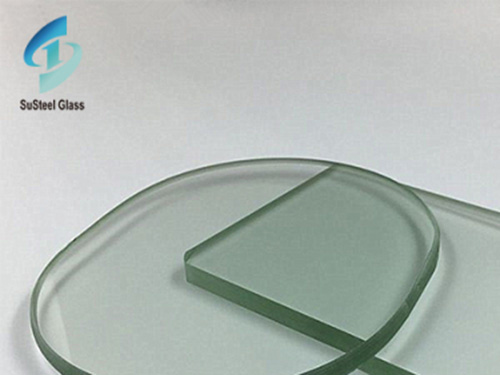


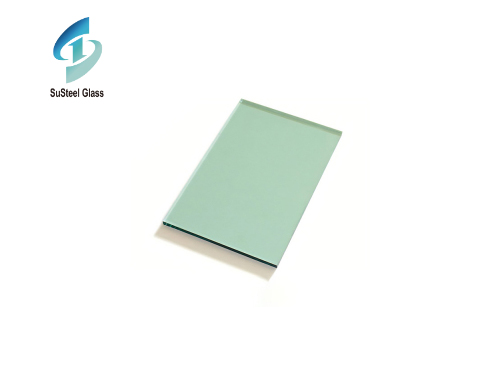 Exploring the World of Green Tinted Glass Products: Versatility and Sustainability
Exploring the World of Green Tinted Glass Products: Versatility and Sustainability
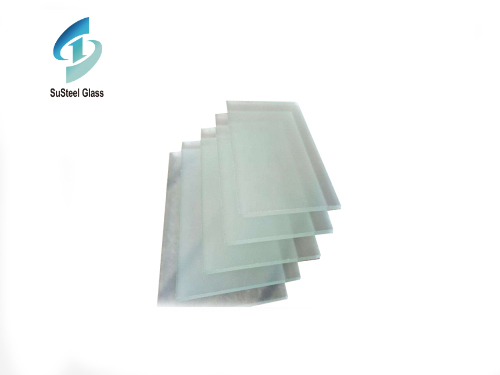 Exploring the Versatility and Elegance of Custom Thick Glass
Exploring the Versatility and Elegance of Custom Thick Glass


